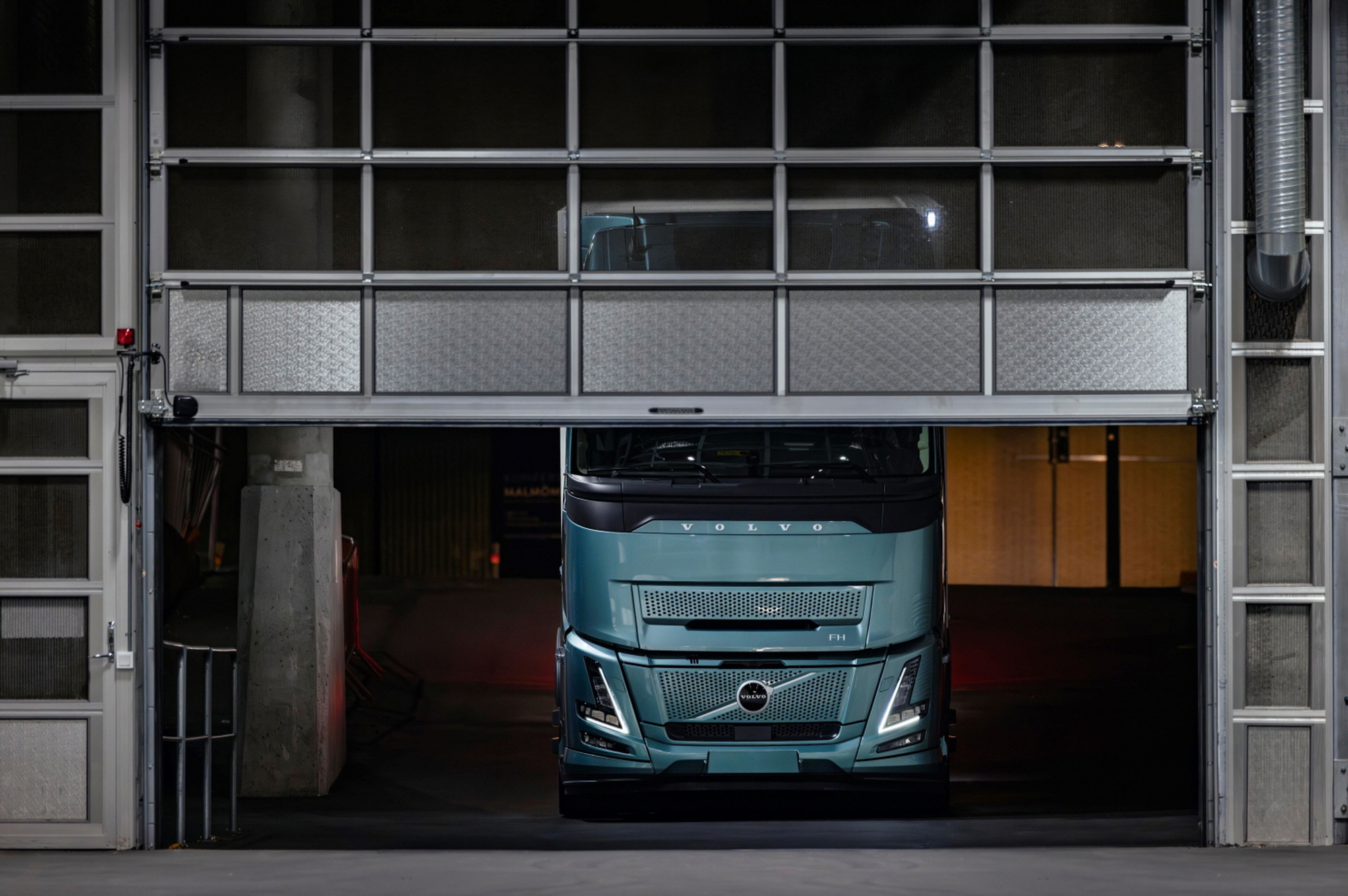
Volvo Trucks has unveiled the next-generation FH Electric large electric truck, capable of a maximum driving range of 600 km on a single charge. This enables transport companies to incorporate electric trucks for regional and long-distance routes, allowing them to operate trucks all day without the need for additional charging during work hours.
Globally, the electrification of large trucks is ongoing, with vehicle research and development making long-distance operations possible. An extended driving range represents a groundbreaking advancement for zero-emission long-distance transportation. The new Volvo FH Electric, capable of traveling up to 600 km on a single charge, is expected to be launched and go on sale in the second half of 2025 in the European market, though the release and sales schedule may vary by country.
Roger Alm, President of Volvo Trucks, stated, “Volvo’s new FH Electric model is expected to complement the limitations of existing electric trucks and make zero-emission transportation possible even for long distances. It will be an excellent solution for transport companies looking to achieve climate reduction goals while maintaining a high annual driving distance and reducing carbon dioxide emissions.”
The new FH Electric, unveiled by Volvo Trucks, is equipped with Volvo’s new e-axle drive technology, allowing it to travel up to 600 km on a single charge. This increases space for significantly more battery capacity, coupled with more efficient batteries, improved battery management systems, and overall efficiency advantages in the powertrain.
As a global leader in the medium and heavy electric truck segment, Volvo Trucks has a lineup of eight battery electric truck models. This extensive product range enables electrification across urban and regional distribution, construction, waste management, and long-distance transportation. To date, Volvo Trucks has delivered over 3,800 electric trucks to customers in 46 countries worldwide.
Roger Alm added, “The transportation sector currently accounts for 7% of global carbon emissions. Battery electric trucks are a crucial tool in reducing the climate footprint. In addition to the significant environmental advantages of electric trucks, they also produce much less noise and vibration compared to traditional diesel trucks, providing a much better working environment for truck drivers.”
Volvo Trucks is building a technology strategy based on three driveline types and pushing for a transition to fossil fuel-free transportation to achieve net zero emissions by 2040. This technology approach based on three driveline types includes battery electric, fuel cell electric, and internal combustion engines that operate on renewable fuels such as green hydrogen, biogas, or HVO (hydrogenated vegetable oil).
By Sang-jin daedusj@autodiary.kr

